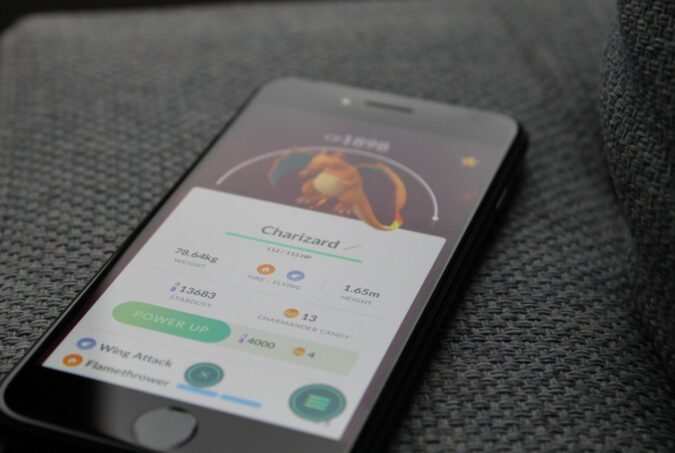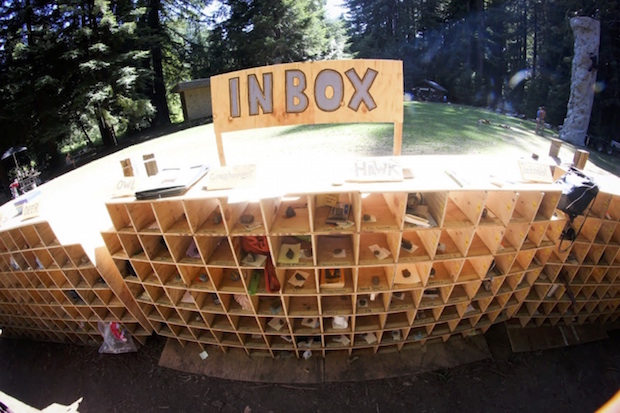This is the third post in a series that will uncover great writing by faculty and students at the Oxford Internet Institute, things you should probably know, and things that deserve to be brought out for another viewing. This week: Reality, Augmented Reality and Ambient Fun! The addictive gameplay of Pokémon GO has led to police departments warning people that they should be more careful about revealing their locations, players injuring themselves, finding dead bodies, and even the Holocaust Museum telling people to play elsewhere. Our environments are increasingly augmented with digital information: but how do we assert our rights over how and where this information is used? And should we be paying more attention to the design of persuasive technologies in increasingly attention-scarce environments? Or should we maybe just bin all our devices and pack ourselves off to digital detox camp? 1. James Williams: Bring Your Own Boundaries: Pokémon GO and the Challenge of Ambient Fun 23 July 2016 | 2500 words | 12 min | Gross misuses of the “Poké-” prefix: 6 “The slogan of the Pokémon franchise is ‘Gotta catch ‘em all!’ This phrase has always seemed to me an apt slogan for the digital era as a whole. It expresses an important element of the attitude we’re expected to have as we grapple with the Sisyphean boulder of information abundance using our woefully insufficient cognitive toolsets.” Pokémon GO signals the first mainstream adoption of a type of game—always on, always with you—that requires you to ‘Bring Your Own Boundaries’, says James Williams. Regulation of the games falls on the user; presenting us with a unique opportunity to advance the conversation about the ethics of self-regulation and self-determination in environments of increasingly persuasive technology. 2. James Williams: Orwell, Huxley, Banksy 24 May 2014 | 1000 words | 5 min “Orwell worried that what we fear could ultimately come to control us: the “boot stamping on a human…
Things you should probably know, and things that deserve to be brought out for another viewing. This week: Reality, Augmented Reality and Ambient Fun!


